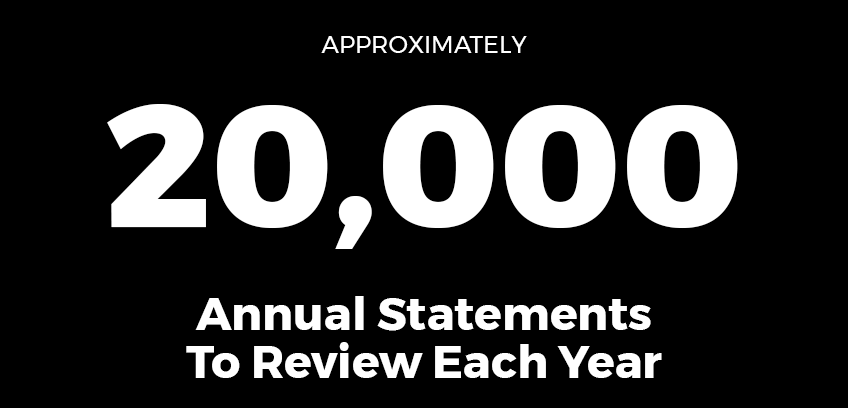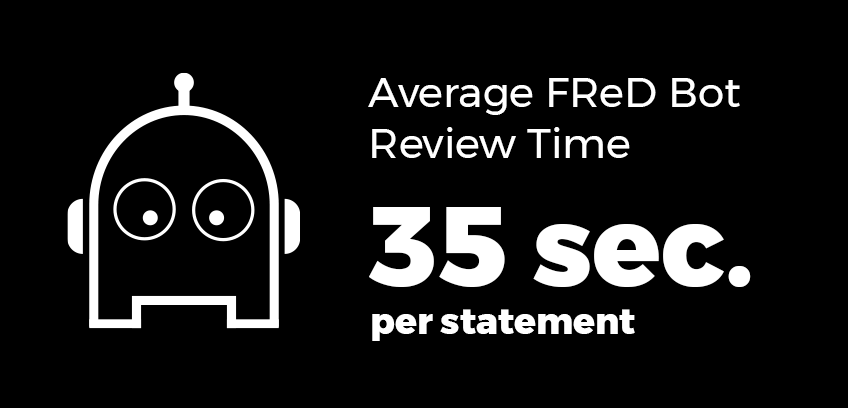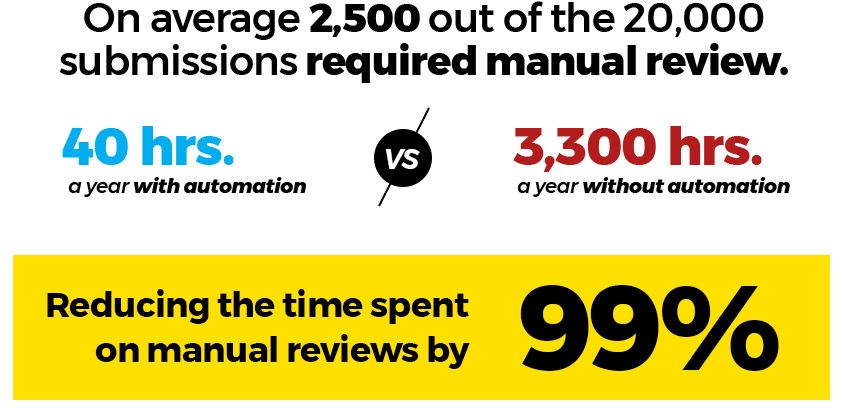The Maryland State Ethics Commission, as directed in Maryland Law, administers the provisions of the Public Ethics Law, whose purpose is to encourage public confidence in the impartiality and independent judgment of State officials and employees.
They administer provisions by requiring certain government officials and employees to disclose their financial affairs and to set certain minimum ethical standards for the conduct of State and local business. To accomplish this they create and provide forms for each document required by the Public Ethics Law and retain a copy of each document filed with Commission for at least four years after receipt.
From an employee perspective, auditing financial disclosure statements is a monotonous and menial task. From a business owner or management perspective, it is a monetarily costly task that takes valuable time away from employees that could instead be focused on innovation and meaningful work—for example, making information that explains the ethics statutory requirements and enforcement mechanisms more accessible, improving training courses for legislators and regulated lobbyists, and adopting model regulations for local governments and school boards.
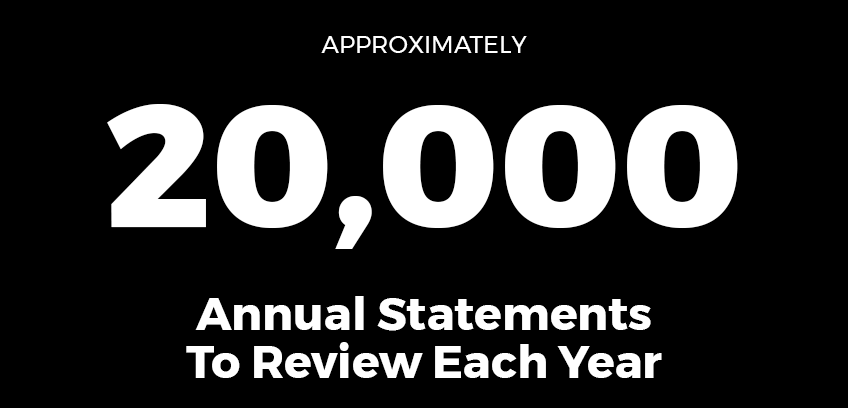
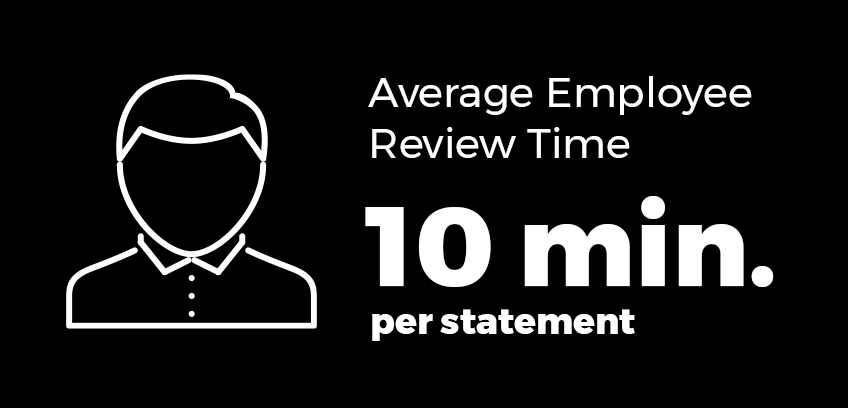
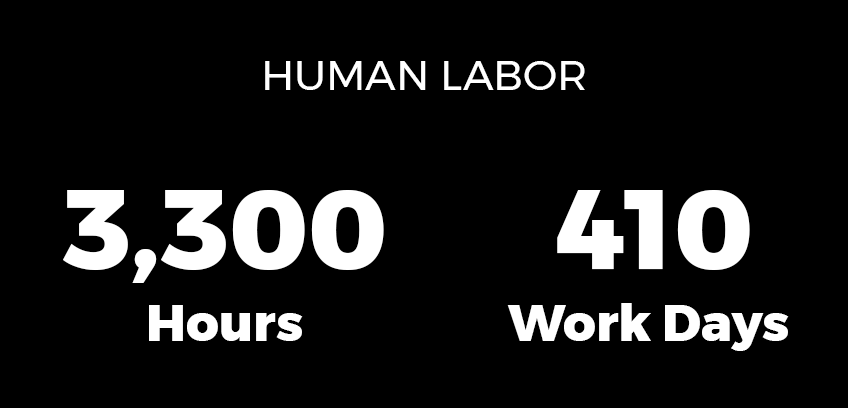

 The Maryland State Ethics Commission was looking for a solution that would reduce the time it takes to perform and complete the review of each annual filing. When presented with this dilemma, The Canton Group proposed Robotic Process Automation (RPA). By automating these routine manual processes, the Commission can redirect low value, redundant, and repetitive tasks to high value work. This allows the Commission to better carry out its mission, meet legislative mandates, and improve the job satisfaction and retention of their staff.
The Maryland State Ethics Commission was looking for a solution that would reduce the time it takes to perform and complete the review of each annual filing. When presented with this dilemma, The Canton Group proposed Robotic Process Automation (RPA). By automating these routine manual processes, the Commission can redirect low value, redundant, and repetitive tasks to high value work. This allows the Commission to better carry out its mission, meet legislative mandates, and improve the job satisfaction and retention of their staff.
As a partner with UiPath, The Canton Group was able to leverage robotic process automation to create FReD, an attended bot designed to review the financial disclosure statements in the same manner a member of the Commission staff would do.
Not only does FreD create a better user experience for employees, it also significantly reduces human error. By utilizing RPA, each financial disclosure statement is reviewed within 30 to 45 seconds. Of the roughly 20,000 yearly submissions, approximately 2,500 are flagged by bots for a human to manually review. If all submissions required manual review, that would take roughly 3,300 hours; however, with only a fraction requiring this process, time spent by employees was reduced to 40 hours. Leveraging RPA ensured there was a 99% reduction in human time spent reviewing submissions!
Looking toward the future, the Maryland State Ethics Commission will save approximately 15,000 human labor hours over the next five years.
Think of what could be accomplished with this liberated time; the possibilities are literally endless, especially when one begins to contemplate other processes that are consuming valuable time and effort that could be automated with RPA.
